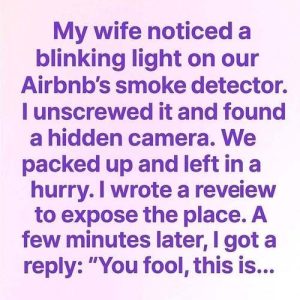People often say you never forget your first deeply personal experience.
Mine, however, is marked by fear and chaos rather than joy.
Instead of excitement or anticipation, I remember tears streaming down my face while a close friend held my hand and medical staff worked urgently around me. What should have been intimate became a frightening sequence of events — a panicked bathroom scene, hours of hospital examinations, and memories that linger far beyond physical recovery.
Culture often frames these moments as milestones or jokes, but rarely do we hear about what happens when things go wrong. Many communities still treat conversations about health, safety, and consent as taboo, leaving young people to rely on myths and silence. When complications happen, the result is confusion, shame, and fear.
Doctors later told me my injury was preventable. With knowledge, communication, and honest preparation, the story could have been different. Physically, I healed. Emotionally, it took far longer. For months, I replayed the night, wondering what I did wrong — until I realized silence was the real culprit.
Now, I share my story not for pity but for awareness. No one should face pain where there should be safety, or shame where there should be understanding. Knowledge doesn’t erase fear, but it can replace it with confidence — and that, I’ve learned, is its own kind of healing.





